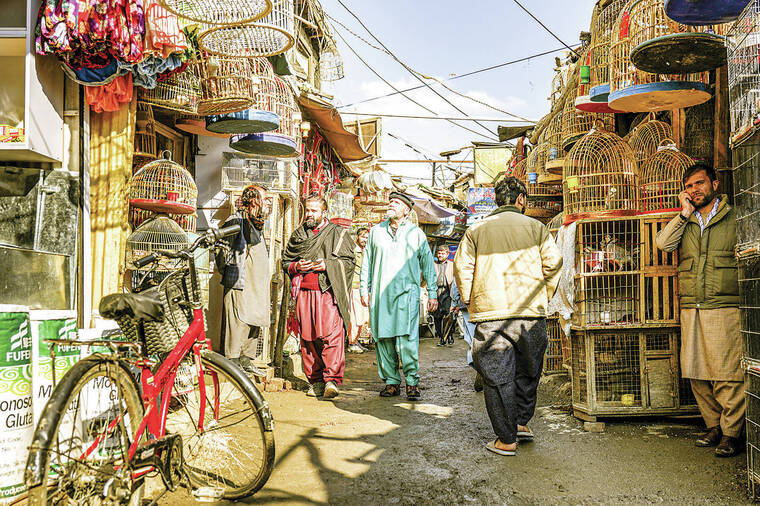BAMIYAN, Afghanistan — Yi-Pin Lin, an associate professor at Tufts University, proudly says he has vacationed in 120 nations over the past decade. But there was one country he had always dreamed of visiting, only to be frightened off by decades of war, kidnappings and terrorism: Afghanistan. With the end of the Afghan war in 2021, the country’s new Taliban rulers began encouraging tourists to visit.
So last month, Lin packed his bags, paid $130 for a visa and boarded a flight to Kabul, the Afghan capital. “When I told my friends where I was going, they all thought I was crazy,” he said. “They said it was too dangerous.
” Lin, 43, is part of a small but growing vanguard of venturesome tourists making their way to Afghanistan, disregarding dire warnings issued by their governments. The State Department advises Americans not to travel to Afghanistan “due to terrorism, risk of wrongful detention, civil unrest, kidnapping and crime.” Over the past three years, Taliban officials say, 14,500 foreign tourists have visited the isolated, poverty-stricken nation.
They have arrived with hard currency that Afghanistan desperately needs. Many tourists have experienced the country’s traditional hospitality while visiting its famous mosques, its towering mountain ranges, its scenic high deserts and the remains of the renowned Buddha statues in Bamiyan. In the minds of many around the world, Afghanistan has conjured another image since the Taliban takeover: something akin to .



















